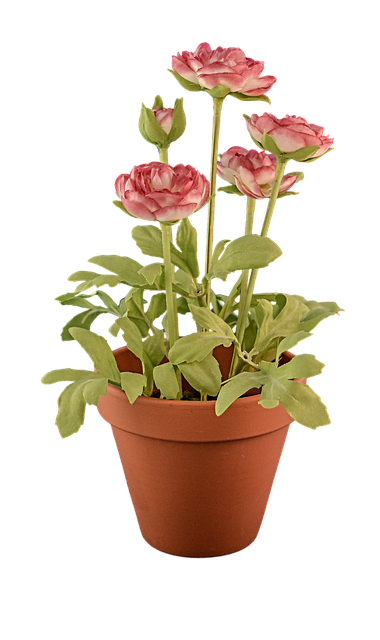If you’re a pet owner, then you know that it’s important to keep your furry or scaly friend safe and healthy. That’s why it’s important to know what plants are safe for tortoises to eat. In this blog post, we’ll provide a guide to some of the best plants for tortoises, as well as a list of plants that should be avoided. Keep your pet safe and healthy with this helpful guide.
Introduction
The answer to Will Tortoises Eat Fake Plants? Is Yes they will but it certainly is NOT something that you should actively do.
Fake plants are made primarily from plastic and we are all aware of the dangers of plastic to the animal kingdom.
Tortoises are herbivores, meaning that their diet consists of plants. While they will eat a wide variety of plant life, including leaves, flowers, and fruit, they typically prefer greens. Some tortoise owners choose to supplement their pet’s diet with fake plants.
But can tortoises really digest these fake plants? The answer is not as simple as a yes or no. Fake plants are often made from a variety of materials, including plastic, rubber, and silk. While some tortoises will chew on fake plants without any ill effects, others may experience digestive issues if they consume them.
In some cases, fake plants can cause blockages or other problems in the digestive tract. As a result, it’s important to closely monitor your tortoise if you choose to include fake plants in its habitat. If you notice your tortoise chewing on a fake plant, remove it from the habitat and closely observe your pet for any signs of distress.
While fake plants can be safe for tortoises to eat in small quantities, it’s important to exercise caution. If you choose to include fake plants in your tortoise’s habitat, closely monitor your pet for any signs of digestive distress. If you notice your tortoise
What plants are safe for tortoises to eat?
Tortoises are herbivores, so their diet consists mostly of plants. While they will nibble on just about anything, there are some plants that are better for them than others. Safe options include dark leafy greens such as kale and collards, as well as weeds like dandelions and plantain.
You can also give them safe fruits and vegetables like apples, strawberries, and carrots. Avoid feeding your tortoise plants that are poisonous to pets, such as lilies, ivy, and azaleas. Stick to common sense when it comes to feeding your tortoise- if a plant is poisonous to humans, it’s probably poisonous to tortoises as well.
With a little bit of research, you can easily find a variety of safe and nutritious plants for your tortoise to munch on.
What plants should be avoided?
Tortoises are creatures of habit and will often return to the same spot to graze day after day. As a result, it’s important to be aware of what plants are in your tortoise’s environment and whether or not they are safe for them to eat. Some common plants that should be avoided include daffodils, hyacinths, tulips, lilies, and rhododendrons.
These plants can all cause serious health problems if ingested by a tortoise. In addition, it’s important to avoid giving your tortoise any plants that have been treated with pesticides or other chemicals. If you’re not sure whether a plant is safe for your tortoise, it’s always best to err on the side of caution and remove it from its environment.
IV. Conclusion Will Tortoises Eat Fake Plants?
In conclusion, the answer to the question “will tortoises eat fake plants?” is yes, they will. While there are some benefits to feeding tortoises real plants, such as the nutrients they provide, fake plants should NOT be a part of a tortoise’s diet. Tortoises will usually eat whatever is available to them, so if given the choice between fake and real plants, they will likely choose the latter. However, if you only have fake plants available, don’t worry – your tortoise will still be able to get the nutrition it needs from them.
FAQ’s
If you’re still not sure whether or not tortoises can eat fake plants, here are some answers to common questions:
Can tortoises digest fake plants?
Tortoises can digest both real and fake plants. However, some tortoises may experience digestive issues if they consume too much of the latter. It’s important to closely monitor your tortoise if you choose to include fake plants in its habitat.
What happens if a tortoise eats a poisonous plant?
If a tortoise eats a poisonous plant, it can experience serious health problems. In some cases, the plant may be deadly. As a result, it’s important to be aware of what plants are in your tortoise’s environment and whether or not they are safe for them to eat.
Can tortoises get the nutrients they need from fake plants?
Tortoises can NOT get some of the nutrients they need from fake plants.




